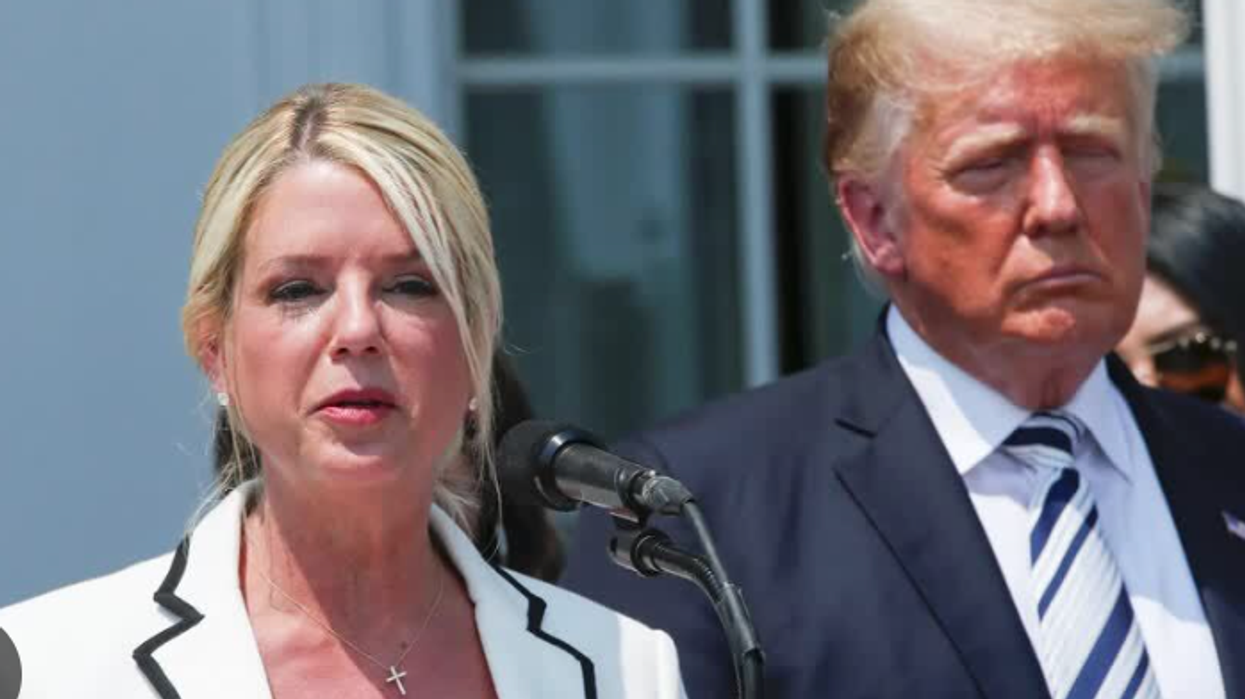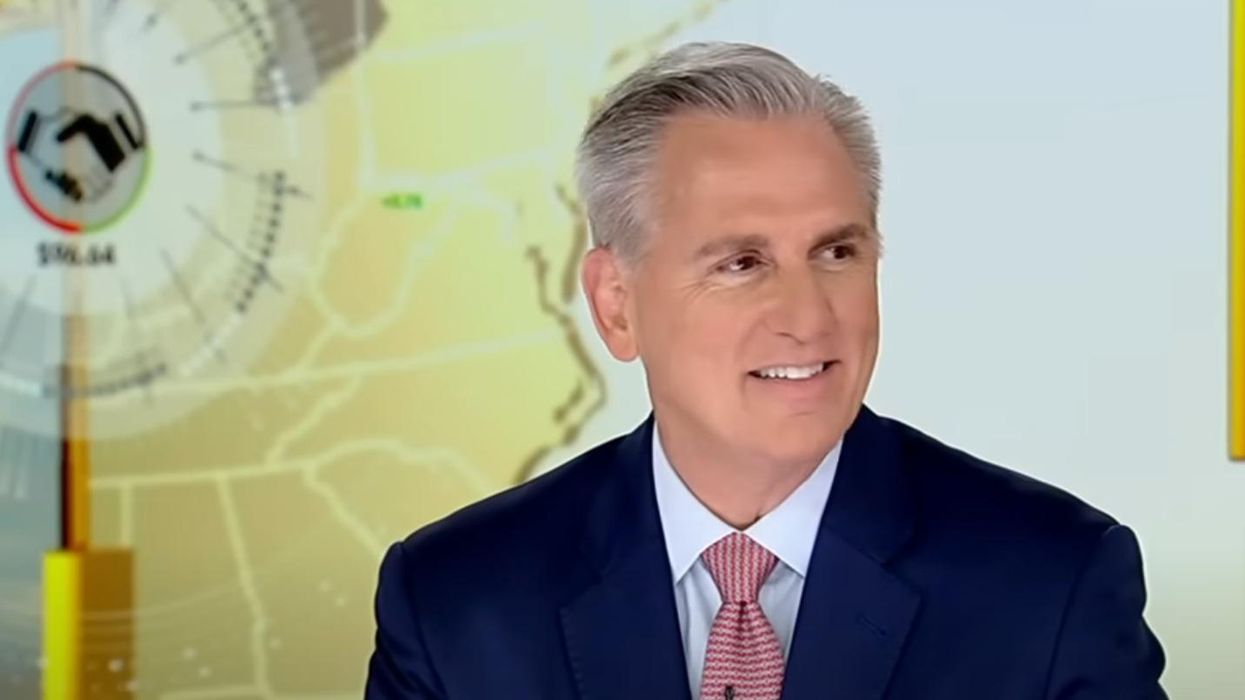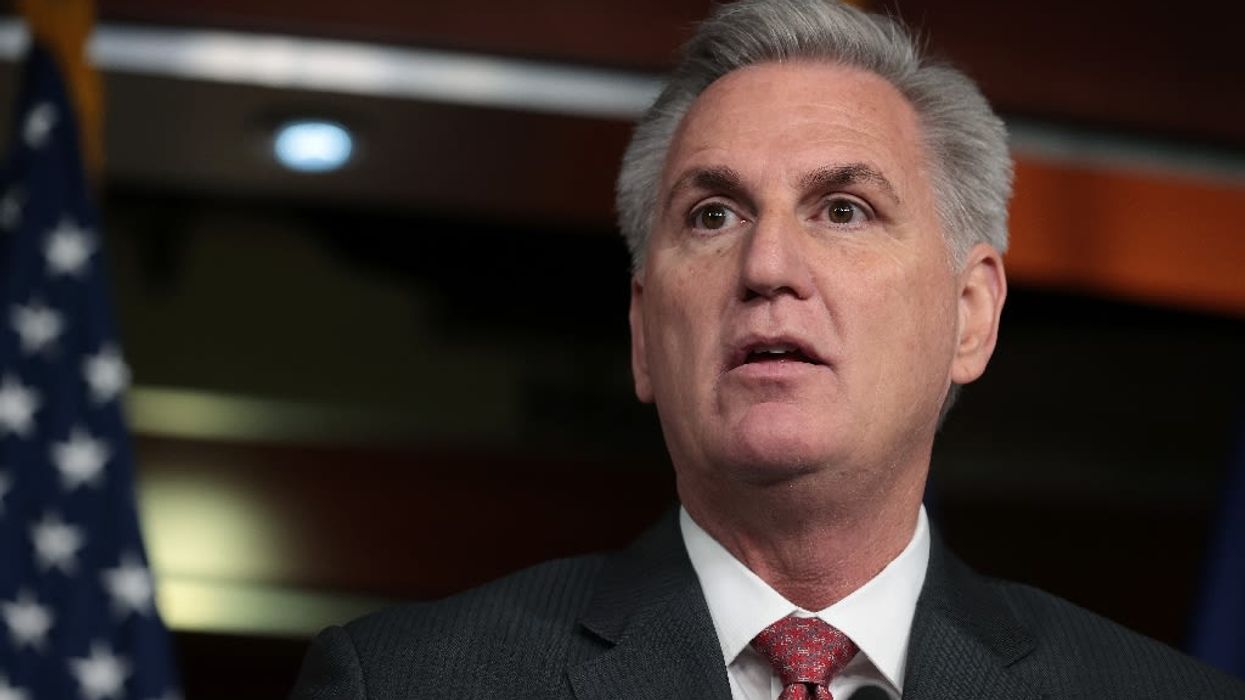Veterans of the Department of Justice, including me, did our best to sound the alarm bell as the Trump/Bondi regime made clear its plans to do away with the professional norms that have guided prosecutorial behavior for generations.
It was a tricky argument. For the vast majority of people who haven’t served in the department or internalized its virtually hallowed set of operating principles, the panicked cry that “the norms are falling” could be hard to appreciate. It sounds abstract and lawyerly.
But now we are seeing the ground-level results of that demolition, driven by Pam Bondi, Alina Habba, and others. It is enabling the pursuit of cases against political opponents that no DOJ in at least the last 50 years would have touched, while masking the irregularity and unfairness from the American people.
1. The McIver Charges
Take the recent charges against Congresswoman LaMonica McIver (D-NJ). The incident in question took place on May 9, but the real story begins earlier, on March 27, when newly appointed interim U.S. Attorney for the District of New Jersey Alina Habba proclaimed: "We could turn New Jersey red... hopefully, while I'm there, I can help that cause."
For a U.S. Attorney to openly declare her goal of using her office to shift political power is staggering. It’s the precise opposite of her sworn duty to pursue justice without fear or favor—like a doctor swearing to "first do harm."
That statement alone would disqualify her in any prior administration, or at minimum prompt a severe rebuke from the deputy attorney general. Here, it’s simply business as usual in a department whose leader, Attorney General Bondi, has redefined DOJ's mission as serving Trump rather than the Constitution and the law.
Habba (reminiscent of Ed Martin Jr., Trump’s initial choice for D.C. U.S. Attorney) has zero prosecutorial experience, which stands her in poor stead for exercising professional judgment in her new role. Moreover, she has a woeful record of unethical behavior as a lawyer, particularly in her representations of Trump. In the E. Jean Carroll defamation trial, the judge repeatedly reprimanded her for improper conduct, at one point warning her, “You are on the verge of spending some time in the lockup.” She was sanctioned nearly $1,000,000 by a federal judge in Florida for filing a baseless lawsuit against Hillary Clinton. The judge called it “completely frivolous, both factually and legally, and… brought in bad faith for an improper purpose.”
Now to the incident in question. The alleged "assault" McIver committed involved her interfering with federal officers attempting to arrest the mayor of Newark for trespassing. The charges against the mayor were later dropped, and DOJ issued a statement about doing it “for the sake of moving forward” that fooled no one. In reality, Habba had overreached and probably blundered as well: the attorneys for the mayor were about to bring a motion saying that the trespass actually didn't occur on federal land.
Moreover, the arrest was tawdry and nasty: agents handcuffed the mayor and detained him for four hours. In any professional DOJ, he would have received a summons. He posed no flight risk. This was not about law enforcement—it was about humiliating a Democratic official.
The case against McIver appears dubious. Her lawyer, former U.S. Attorney Paul Fishman, called the charge "spectacularly inappropriate." Available evidence suggests the ICE agents lost control during the mayor’s arrest, leading to a general scrum. Afterward, McIver was given a facility tour with the agents—an odd treatment for someone supposedly posing a threat.
There's also a likely legal claim, if and when the case goes to trial, that her conduct doesn't qualify as "forcibly" within the meaning of the assault statute. The Third Circuit (which sits above the District of New Jersey) has held that the law “requires an ability to inflict harm, not merely interference with the performance of a duty… Section 111 is not meant to sweep in all harassment of Government officials.”
Finally, there’s the glaring irony of the prosecution of a congresswoman for pretty mild physical contact with a customs official by the same administration that trivialized far graver physical assaults on federal officers on January 6 by genuine thugs whom they later lionized as heroes.
My best guess is that if this case goes to trial—which I think it will, unless Habba backs down first—McIver will not be convicted, and Habba will be left with a lot of egg on her face.
But the possible bad legal fit is far from the gravest problem with the charges. Let’s stipulate the possibility that McIver is guilty of a technical violation of the assault statute. The critical question for purposes of the case, and for all prosecutions of public officials, is whether charges are warranted, i.e., whether they are comparable to cases typically brought against members of Congress, so that the Department is treating like cases alike.
The Department has a tried-and-true way to figure that out, or at least it did until the Bondi administration came to town. The Department manual specified that any prosecution against a member of Congress had to be approved by the Public Integrity Section of the Criminal Division.
There's a very good reason for that. Prosecutions of political officials are inherently fraught and tempestuous within the local community. The U.S. Attorney, too, is a high-profile official, and the risk that the public, or a good chunk of it, will see such a prosecution as politically driven is high. That's why you need real pros who have a full understanding of the Department's prosecution of political officials to make the final call. The Public Integrity Section ensures professionalism and nonpartisanship.
But under Bondi, the section has been decimated, and the requirement for its signoff erased.
The consequence is an erosion of justice no matter the facts on the ground. What may sound like a technicality is actually a critical safeguard—of justice in the individual case and public confidence in the system as a whole. Remove it, and even legitimate prosecutions lose credibility. It becomes very difficult to rebut the suggestion that Habba has gone after McIver in order to help her bosses' political agenda of "turning New Jersey red."
2. The Cuomo Investigation
A similar set of problems afflicts the investigation of Andrew Cuomo, which became public on Tuesday. We can begin at the top: the interim U.S. Attorney overseeing the investigation is Jeanine Pirro. Pirro ran unsuccessfully against Cuomo for attorney general. She has called him a liar, a political bully, a classic serial predator, and a man with “blood on his hands” for nursing home deaths at the peak of the COVID-19 pandemic.
There is no way that Pirro should be within a country mile of any investigation of a person for whom she has a demonstrable and long-term animus. DOJ ethics guidelines, were they being enforced, would preclude involvement where there is an “appearance of impropriety that could undermine the integrity or impartiality of the investigation."
The alleged perjury at the heart of the investigation arose from Cuomo’s 2020 closed-door congressional testimony regarding his role in a New York State Health Department report on nursing home deaths. The referral came in October 2024. Legal experts across the spectrum thought a prosecution was too difficult and unlikely, and indeed DOJ declined to act on it. But Rep. James Comer (R-KY), a rabid partisan and chair of the Oversight and Government Reform Committee, resubmitted the referral last month. Now the case has been revived, with Pirro at the helm.
Cuomo's attorneys say they were blindsided by the revelation, suggesting the DOJ leaked the investigation. This comes on the heels of the DOJ dropping serious charges against Mayor Eric Adams—Cuomo’s main rival in the upcoming New York City mayoral primary. It looks to all the world that the Administration is not just putting a thumb on the scale; it is jumping on it.
That primary is June 24, putting us well within DOJ’s "60-day rule," which instructs the Department to avoid overt investigative steps that could affect the outcome within 60 days of an election. One more norm bites the dust.
Again, none of this proves that Cuomo is innocent or that the investigation is inherently improper. But precisely because the subject is high-profile and politically fraught, DOJ's own rules demand—or at least they used to demand—regularity and integrity. What’s left without them is the strong inference that the Administration is weaponizing justice for down-and-dirty political motives.
3. The Broader Issue
The problems with the evisceration of norms infect virtually all of DOJ practices. Consider the case of Kilmar Abrego Garcia, mysteriously deported. The administration insists he was a dangerous individual deported by mistake but not unjustly—a no-harm, no-foul scenario.
But, of course, that is not how due process works. As the Supreme Court has made clear, removal from the country requires proper notice and an opportunity to be heard. The President cannot act unilaterally and retroactively assert that the process was fair.
Without those minimum procedural safeguards, the justice of any deportation is unknowable. The American people are left with a sickening conviction that our leaders are perpetrating horrific injustices.
A similar dynamic goes for the politically charged prosecutions. The DOJ’s actions in the McIver and Cuomo cases signal not just prosecutorial overreach, but contempt for the norms that guarantee fairness and accountability.
This is the real cost of the Trump/Bondi/Habba/Pirro regime. The abandonment of longstanding norms gives rise to grievous harms inflicted on real people.
The demolition of DOJ norms may once have seemed academic. But we now can see what the Administration was aiming at in taking a buzzsaw to longstanding DOJ norms. It was replacing impartial justice and constitutional rule with one man’s agenda of power-mongering and vengeance. And that’s about as concrete and pernicious as government power gets.
Reprinted with permission from Substack.











